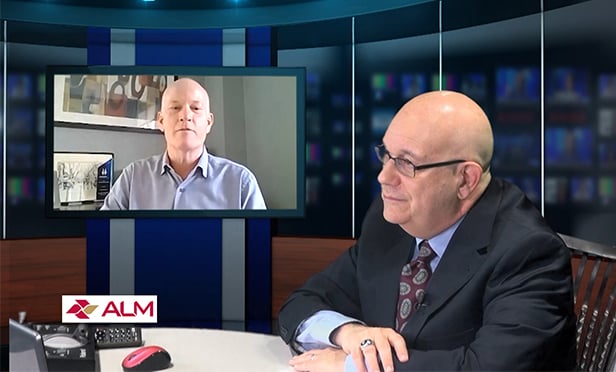On the positive side, John McDonnell with Scottsdale, AZ-based SunRenu Solar LLC explains that Arizona's peak sunshine and rebates are making the state irresistible for potential solar and other manufacturers. Furthermore, he goes on to say, solar power is of tremendous interest to commercial real estate owners.
Then what's the problem? "Getting financing together is holding some clients back," he acknowledges.
One issue, McDonnell explains, is that metro Phoenix energy companies Salt River Project and Arizona Public Service is willing to pay up to 60% of a renewable project's cost. This is good. What's not so good is that the payment is over time, requiring a lot of up-front, out-of-pocket costs. "A lot of people don't have the expendable capital they did in 2004 to 2006," he adds.
Steve Gossett Jr., vice president with Transcend Equity in Dallas puts even more rain on solar's parade, pointing out that the payback isn't too strong, though federal incentives are improving. Still, "solar is still a smaller percentage of the renewable energy market in the United States," he remarks, adding that solar without federal support "is abysmal." And, much like McDonnell, Gossett acknowledges that obtaining financing through conventional means for renewable energy products is extremely difficult.
The current renewable assistance is a program called PACE, which stands for Property Assisted Clean Energy. The main thrust of PACE is to encourage property owners to go solar without upfront costs. These are paid through clean energy finance districts that issue low-interest bonds. Property owners wanting to opt-in to use the bond money for renewable energy can pay the loan back through a long-term assessment on property taxes. Fifteen states, so far, have passed laws to allow such programs. But PACE isn't looking for commercial Gossett remarks. Furthermore, mortgage holders don't like it because it creates problems if the property owner defaults.
But both SunRenu Solar and Transcend Equity are trying to overcome this financing gap. SunRenu, which works on proposals and designs for solar energy systems, has teamed up with banks to help property owners obtain financing for projects. Meanwhile, Transcend Equity is working on developing a multimillion fund to provide financial resources to assist with green retrofit projects. The plan is to raise money from private investors, then use the Department of Energy's money as a "loan loss reserve" to get lenders excited about projects.
Is the move to solar and other sources worth all of this time and effort? Definitely, McDonnell and Gossett say. "A lot of the focus is on trying to get it out there and into the market," Gossett comments. "The great thing about solar, is if you can get it on the grid, it can reduce infrastructure costs." He comments that the solar payback is 20 years, but McDonnell disagrees, noting the payback on the investment is closer to four years.
Furthermore, McDonnnell notes, the cost of the technology is coming down and with rebates coming from the Treasury through either a tax credit or grant, up-front checks will be available for the investment through November 30, 2010.
"The industry isn't going away," McDonnell adds. "The rebates will decrease, but the costs will continue to go down."
© Touchpoint Markets, All Rights Reserved. Request academic re-use from www.copyright.com. All other uses, submit a request to [email protected]. For more inforrmation visit Asset & Logo Licensing.






